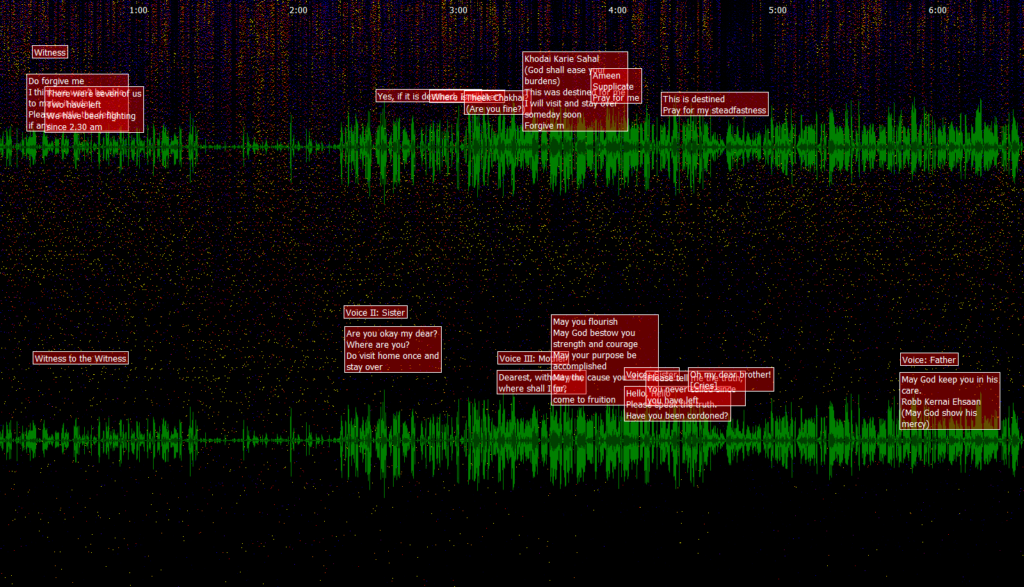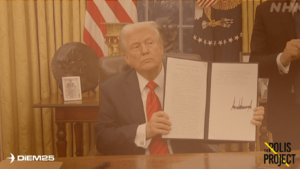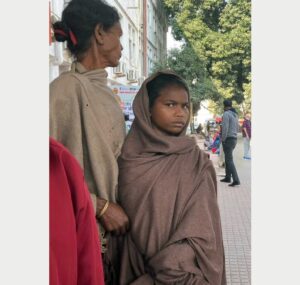

Starting from The Last Call: Audio Postcards from Kashmir, Suchitra Vijayan and Uzma Falak discuss the “impossibility” of speaking about violence in the context of the occupation in Kashmir, the role of poetry and visualization, and the space of singularity as a site of cultural and political resistance. Uzma Falak is a DAAD Doctoral Fellow at the University of Heidelberg where she is pursuing her PhD in Anthropology. She tweets @Uzma_Falak
By
“These narratives of death and departure are in fact narratives of life and arrival” Suchitra Vijayan: Writers like Sebald have used ‘found images’ as a way of bridging the gap between the reality of the terror they witnessed (in case of Sebald, the Holocaust and post-war Germany loom large in his work) and the inadequacy of language. Similarly, Orson Welles used found footage of Elmyr de Hory from a BBC documentary for his F for Fake. Can you tell us what made you use these visceral audio goodbyes to write about the nature of violence and resistance in Kashmir? Uzma Falak: I am incapable of telling a story. I experience and witness the world in fragments. Through my work I attempt to record this fragmentariness. The Last Call: Audio Postcards from Kashmir is also a fragmentary chronicle — several disjointed pieces on the verge of a story….
Related Posts


Donald Trump’s Master Economic Plan I Opinion by Yanis Varoufakis




